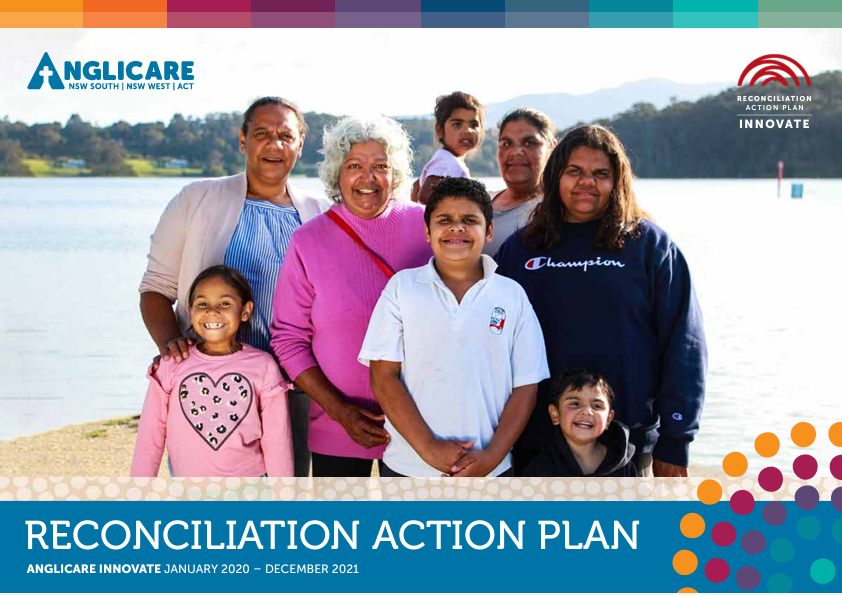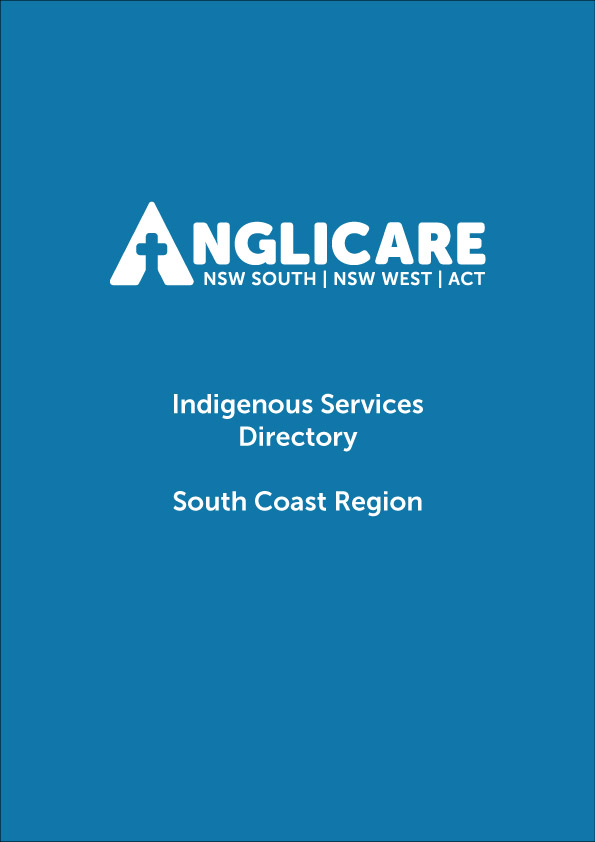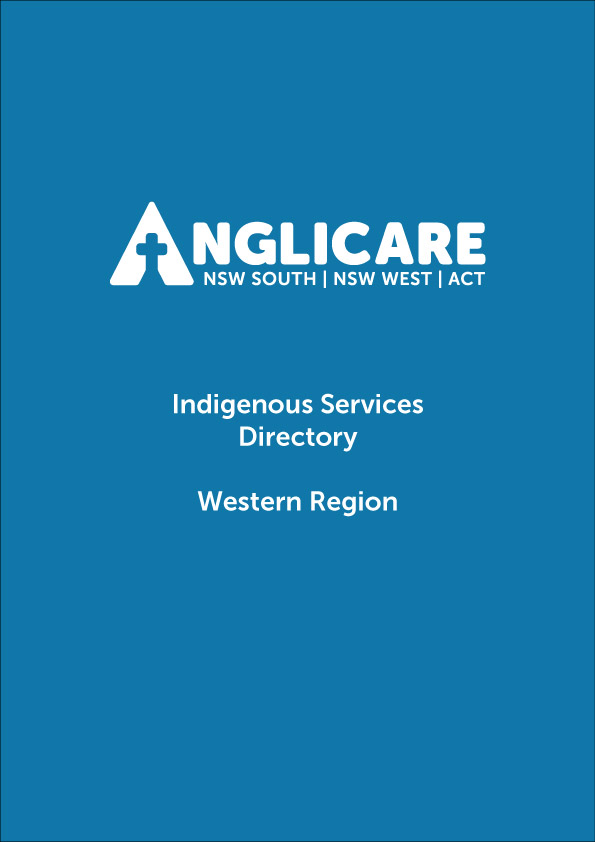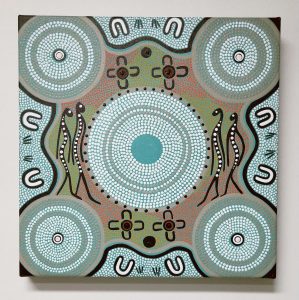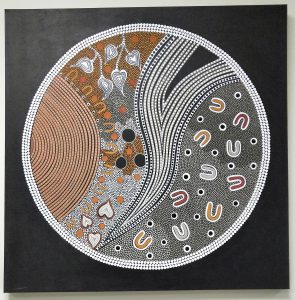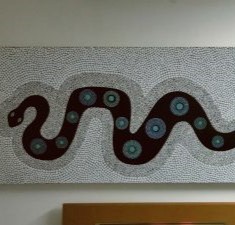
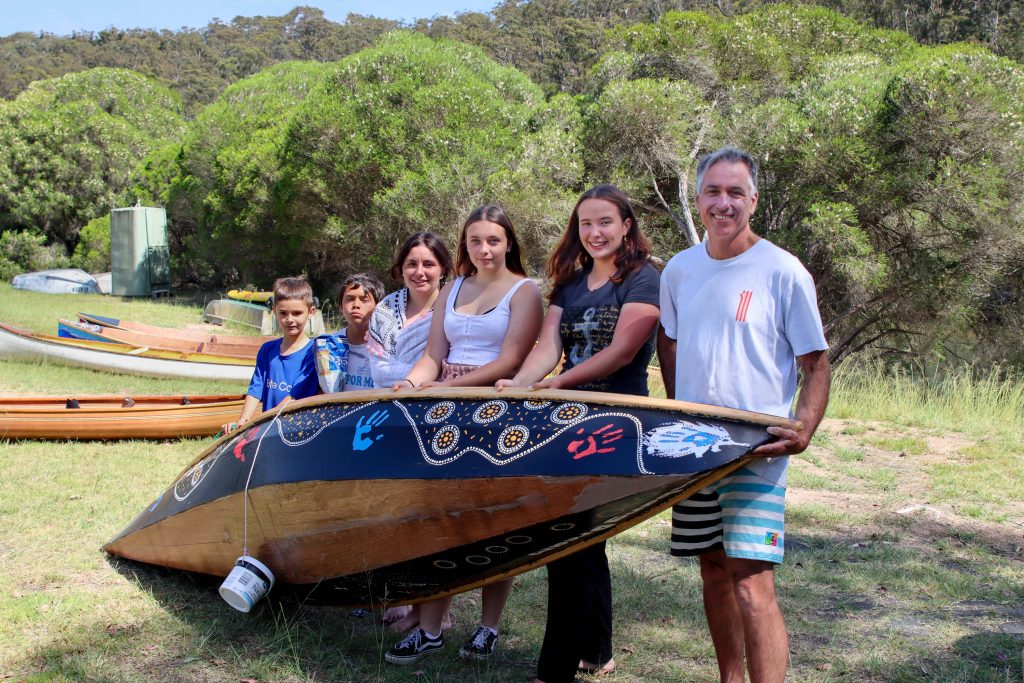
Our commitment to reconciliation
Our whole organisation approach to creating an environment of cultural safety
Anglicare (including St Saviours) acknowledges Aboriginal and Torres Strait Islander Australians as the First Peoples and Traditional Custodians of this land. We celebrate the living cultures, strengths and achievements of the First Nation communities in which we work, including knowledge keepers and Elders of every generation. Moreover, we value the stories of resilience and survival which make up Indigenous Australia.
.
Reconciliation Action Plan
Anglicare/St Saviours acknowledges the impact of colonisation including the role the church has played in the untold history of this land. It also recognises the inequalities experienced by Aboriginal and Torres Strait Islander people on all of the socio economic life indicators. Thus, Anglicare will work in partnership with Aboriginal people in ways that will:
- Celebrate and affirm the culture of Indigenous Australians,
- Seek justice and contribute to the wellbeing of Aboriginal and Torres Strait Islander people, and
- Be based on two-way learning and which contribute to the capacity of the families and communities it serves.
Aboriginal Services Directory
It is a target of our Reconciliation Action Plan to develop a directory of Indigenous Services in our regions.
Where We Work
We acknowledge the Aboriginal nations of this land: its many custodians who continue to care for Country, and the way in which Country has cared for her people. We acknowledge the history of this land and the stories of resilience and survival which make up Indigenous Australia. We give thanks for Aboriginal Elders and knowledge keepers of each generation including the many Aboriginal communities which contribute to the life of our region.
May we walk gently on this land and commit ourselves to reconciliation.
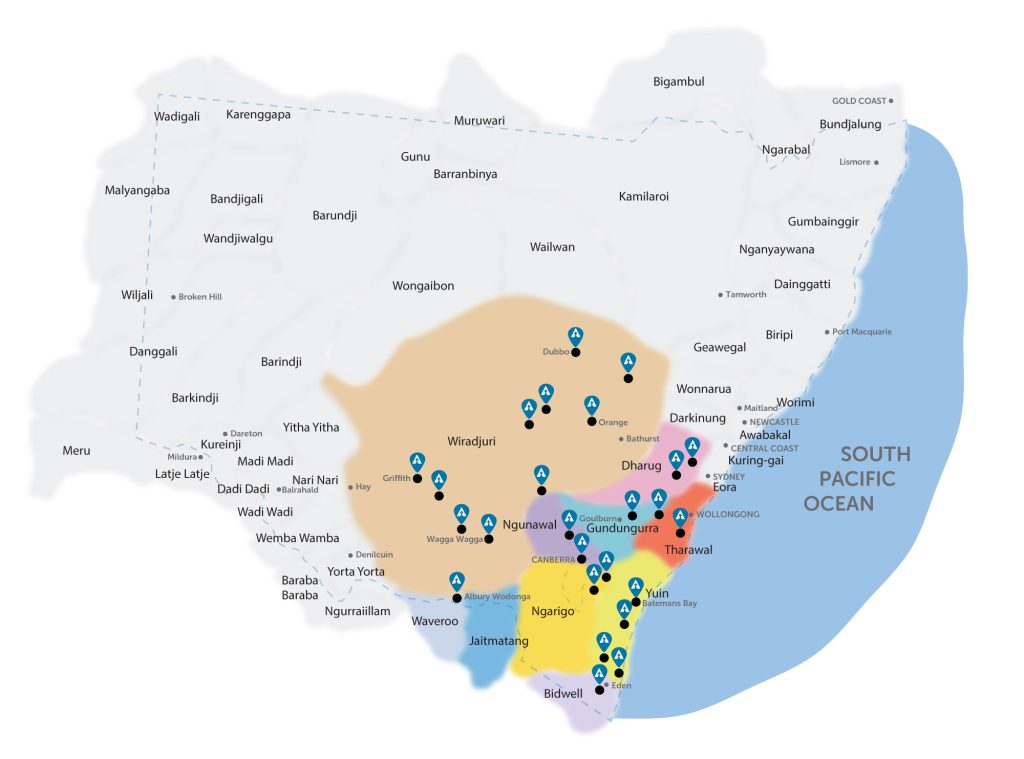
Staff Resources
The below resources are recommended to Anglicare/St Saviours staff to learn more about working with Indigenous Australians.
Wise Practices
The Art of Indigenous Incarceration (2019. Radio National)
Broken Hill Prisoners find a Voice – Cultural Connection through music and arts (2019. Radio National)
Insights into life for Indigenous Australian young people in the remote NSW town of Brewarrina (2019. ABC TV “Oneland”)
Working with families (including OOHC)
Raman, S. Reynolds, S. & Khan, R. (2011). Addressing the Wellbeing of Aboriginal Children in OOHC: are we there yet?
Secretariat National Aboriginal and Islander Child Care (SNAICC)
NSW Child Family and Community Peak Aboriginal Corporation (Absec)
Working with Aboriginal and Torres Strait Islander people (2018)
Krakouer, J. Wise, S. & Connelly M. (2018). We Live and Breathe Through Culture: conceptualising cultural connection for Indigenous Australian children in OOHC
Long, M. & Sephton, R. (2011). Rethinking the Best Interests of the Child: voices from Aboriginal child and family welfare practitioners.
Working with Aboriginal and Torres Strait Islander you people and their families PDF factsheet. Healing Foundation.
Yarning about Yarning in Health Care Youtube. Gukwonderuk Indigenous Health Unit.
Working with Aboriginal and Torres Strait Islander you people and their families PDF factsheet. Healing Foundation.
Yarning about Yarning in Health Care Youtube. Gukwonderuk Indigenous Health Unit.
Working with Aboriginal People and Communities
Life Without Barriers – Working with Aboriginal and Torres Strait Islander People
City of Wagga Wagga – Aboriginal and Torres Strait Islander Cultural Protocol
Pascoe, B. (2018) The Little Red Yellow Black Book: an introduction to Indigenous Australia
Bennet, B. & Green, S. (2019) Our Voices: Aboriginal Social Work
Kicket-Tucker, C. Bessarab, D., Coffin, J. & Wright, M. (2016) Mia Mia Aboriginal Community Development
Supervising Aboriginal Staff
Supporting Aboriginal Employees Booklet – Aboriginal Health Council of South Australia Ltd.
Valuing and Strengthening Aboriginal and Torres Strait Islander Workforce – Aboriginal Health Council of South Australia Ltd.
Family Finding
Finding Your Family (AIATSIS)
Finding Your Mob (Department of Aboriginal Affairs)
Finding Indigenous Family History (National Library of Australia)
Native Title Service Provider ACT & NSW Geneology Service (NTSCorp)
At the local level, speak to Local Aboriginal Land Councils, Elders Groups and/or Local Aboriginal inter-agencies or consultative groups. You can also speak to NSW Government DCJ Cultural Connection Officers.
Building Positive Identities in Aboriginal Young People
Aboriginal and Torres Strait Islander Children’s Cultural Needs (2015) SNAICC
A Strengths Based Approach Towards Aboriginal and Torres Strait islander Children (2017) Dept Families Housing Community Services and Indigenous Affairs
NITV programs – eg Little J and Big Cuz TV series and on-line games
NSW National Parks and Wildlife – contact Aboriginal rangers and sites officers for school holiday programs on Country
Aboriginal Astrology Apps
Approach your local Elders groups and/or inter-agencies for what is happening locally
Engaging Aboriginal and Torres Strait Islander Children and Young People Toolkit
Secretariat National Aboriginal and Islander Child Care (SNAICC)
NSW Child Family and Community Peak Aboriginal Corporation (Absec)
Aboriginal and Torres Strait Islander Children; Aboriginal and Torres Strait Islander Social and Emotional Wellbeing. Emerging Minds.
Language
Demonstrating Inclusive and Respectful Language (Reconciliation Australia)
Culturally Informed Trauma Practice
Culturally Informed Trauma Practice and Healing. Emerging Minds Podcast.
Artwork
We value the importance of visual art as a method of storytelling in Aboriginal culture.
The artworks above are displayed in our Liverpool office have been completed by Aboriginal artist, Pam Brandy-Hall. Pam is part of the Bundjalung Tribe and is the daughter of Aboriginal activist, the late Jack Patton. Entirely self-taught, Pam is inspired by dreamtime stories, passed on to her from her Grandmother. Pam works with vivid combinations of earthy tones, pastels and ochres, dynamic lines and bold shapes characterize her modern designs which often employ graphic symbols from the flora and fauna of her ancestry. Pam’s skin name is Baribunma meaning ‘to dream about’ in Bundjalung.
Her work has been exhibited in locations as diverse as the Museo Internationale della Ceramiche Faenza, S.H. Irvin Gallery and the Rainbow Serpent Gallery in Sydney; the offices of Ansett Australia, Coffs Harbour Hospital and Maitland Council Chambers in NSW; Shepparton Museum in Victoria and OzAboriginal in Sydney .

